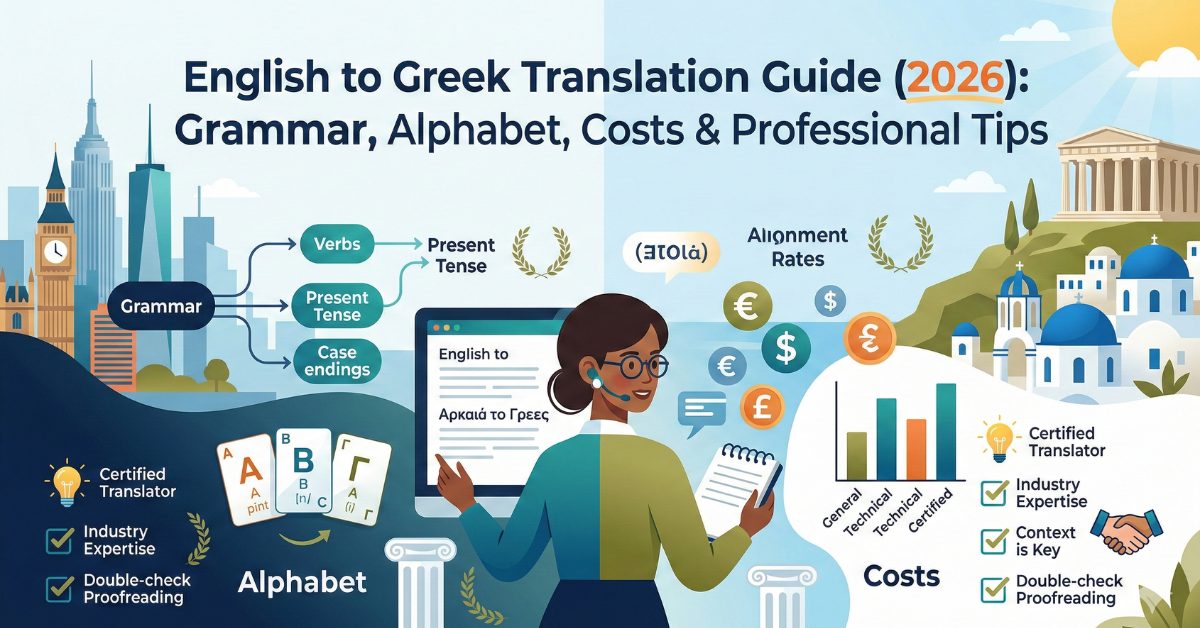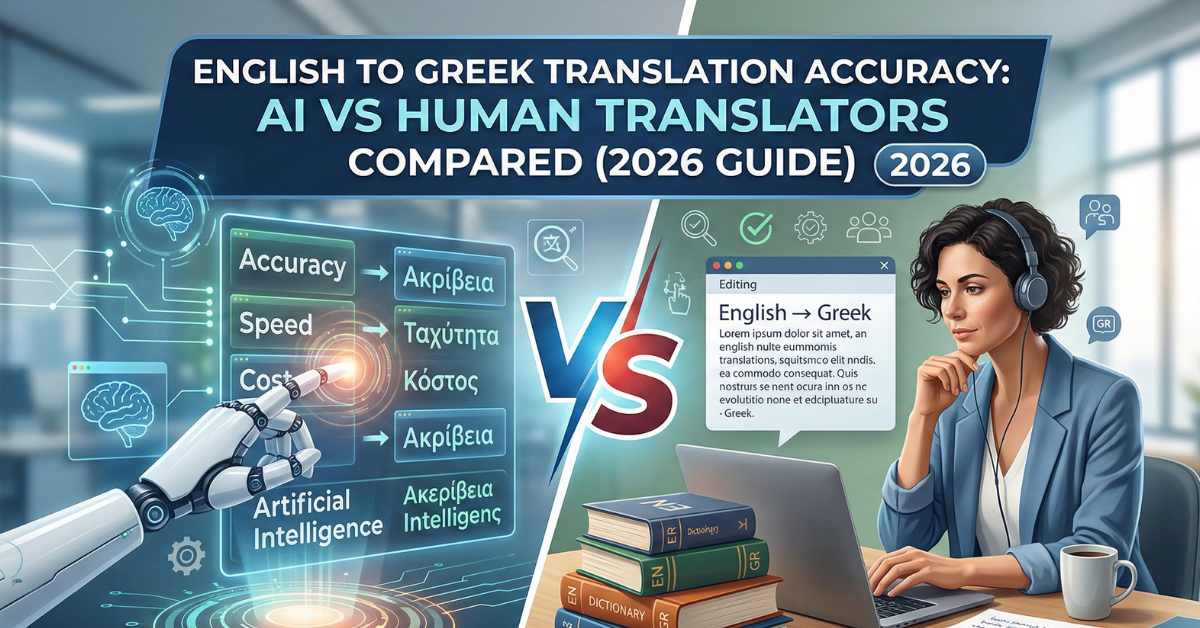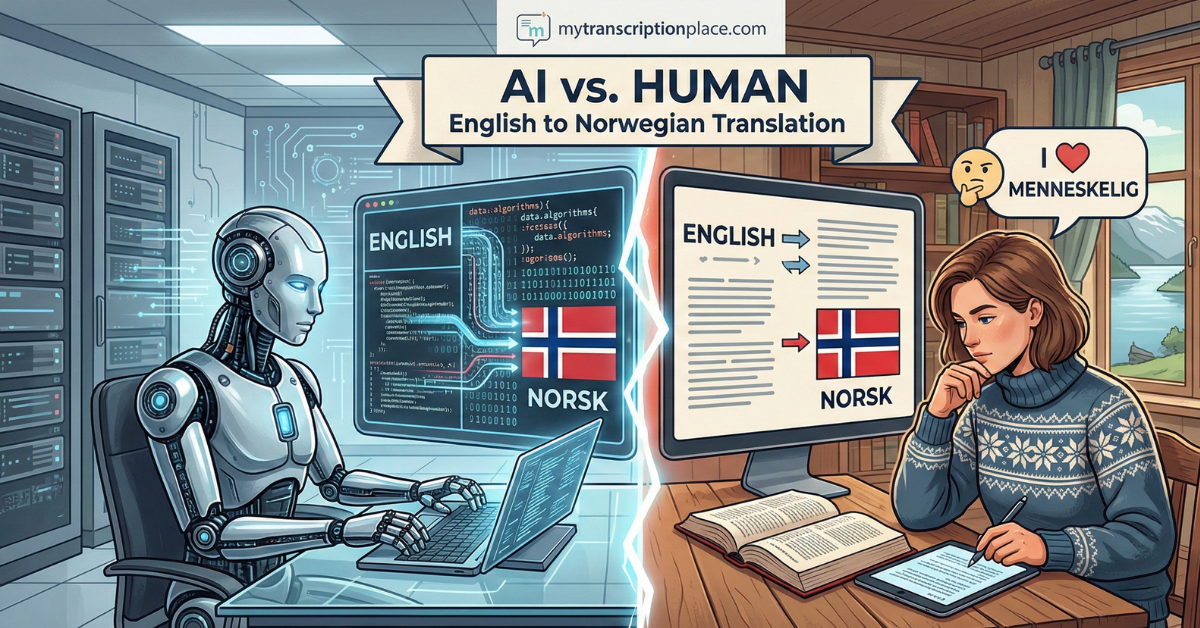Expanding your business into international markets opens doors to countless opportunities. Among these opportunities, the US and UK stand out as thriving hubs for commerce, offering considerable market potential. However, while these English-speaking regions share a common language, they are far from identical. One critical factor that determines success in these markets is how effectively you communicate with your audience. Accurate translations play a pivotal role in ensuring your brand resonates with local consumers. Without doing so, you risk alienating potential customers or causing irreparable damage to your business reputation.
This blog will explore the importance of accurate translations when entering pre-dominantly English like markets like the US and UK, risks involved in errors and how investing in professional translation services can help you establish a strong foothold in these competitive regions.
Importance of Accurate Translations in Global Business Expansion
Expanding into global markets involves much more than simply translating your marketing materials, product descriptions or legal documents; word-for-word. To truly connect with your audience, you need a culturally nuanced understanding that resonates local preferences, traditions and values.
Accurate translations go beyond mere linguistics. They ensure that every aspect of your message aligns with the cultural and societal expectations of your target audience. This can make or break your business in the US and UK markets, where consumers demand authenticity and relevance.
Consider this scenario: You launch a humor-based advertising campaign in the US. But the joke relies on British slang; which Americans are unfamiliar with. If the audience doesn’t get the joke, your marketing campaign could fall flat. On a larger scale, such missteps can make your brand appear out of touch, undermining efforts to build trust and strong customer relationships.
Accurate translations ensure that your communication is not only linguistically correct but also culturally appropriate, offering that invaluable bridge between your business and global audiences.
Key Differences Between US and UK Markets in Language, Culture, and Consumer Behavior
While the US and UK both speak English, the two markets are distinct in ways they use, process and consume English. Translating your content without consideration for these cultural nuances can cause confusion or even offense.
1. Linguistic Variations
The differences between American and British English seem subtle, but are significant enough to affect how people perceive your brand. Spelling variations such as "color" (US) versus "colour" (UK) or "organization" (US) versus "organisation" (UK) can influence how professional your content appears in the given market. Even word usage differs; for example, "chips" means something entirely different in the UK (fries) compared to the US (crisps). Using the wrong terminology can disrupt the flow of your message and create barriers to understanding it.
2. Cultural Sensitivities
Cultural norms also play a critical role in translation. For example, humor works differently in the US and the UK. Americans often appreciate direct and feel-good humor, while British audiences might prefer irony and satire. A campaign that strikes the perfect chord in Los Angeles could fail miserably in London; if cultural subtleties are ignored.
3. Purchase Behavior
Buying behavior also varies greatly. American consumers, for instance, may respond more strongly to racy marketing or promotional offers. On the other hand, British shoppers often prioritize quality and heritage, seeking deeper emotional claims over flashy slogans. Customizing your communication style to meet these preferences requires translation efforts that go beyond language.
Risks of poor translation
Allowing poor translations can mean inviting risks that could severely damage your brand, budgets and customer trust. Below are some of the most pressing dangers:
1. Damaged brand reputation
Your brand’s reputation is one of its most valuable assets. Imagine providing an error-heavy instruction manual for a product/ service. Not only does it confuse your customers, but it also reflects poorly on your professionalism. For international brands, a poorly translated message signals lack of care or investment in the local market; and could result in driving potential customers into the arms of competitors.
2. Legal and Compliance issues
Legal texts and compliance documents are non-negotiable elements of global business. Regulatory requirements often vary between countries; meaning that incorrectly translated legal documents can lead to lawsuits, fines or even being banned from entering certain markets. For instance, marketing claims that would be permissible under US laws might violate stricter advertising standards in the UK.
3. Loss of customer trust
Mistranslations can erode your relationship with customers. For instance, a poorly translated refund policy might confuse buyers and create friction during post-sales support. This not only frustrates consumers, but also discourages repeat business and referrals.
From withdrawing botched marketing campaigns to revising incorrect documents, translation errors can drain time and budgets. Businesses also risk losing out on potential customers and revenue growth in competitive markets like the US and UK, where every impression matters.
Role of Professional Translation Services
Achieving high levels of translation accuracy is close to impossible without the support of professional translation services. These service providers offer linguistic expertise combined with cultural awareness; thus helping businesses avoid pitfalls and maximize global success.
1. Domain knowledge
Professional translators often specialize in specific industries, allowing them to accurately communicate technical terms or jargon. For instance, translating medical documents for a US audience may require a different approach than communicating the same information in the UK.
2. Cultural sensitivity
Professional translators are trained to adapt content to fit cultural expectations. They understand the nuances of a market’s idiomatic expressions, taboos and etiquette; thus ensuring that your brand avoids being misunderstood.
3. Quality Assurance
Many translation companies have stringent review processes to ensure high-quality output. A team of experts validates translations against multiple parameters, delivering results you can trust.
4. Scalability for Multiple Languages
US and UK markets may be prime targets, but many global businesses expand into other regions as well. Working with a professional service provider capable of handling over 400 languages ensures scalability and consistency for future projects.
Conclusion
Expanding into the US and UK markets represents an incredible opportunity for business growth. However, maximising business gains from these linguistically similar yet culturally distinct regions, requires a careful approach to Communication. Professional translation services go beyond words to deliver cultural relevance, precision and scalability. myTranscriptionPlace provides accurate translation services in over 400 languages, equipping businesses to connect meaningfully with their international audiences. Start your global expansion with confidence by partnering with experts who care about your success.






